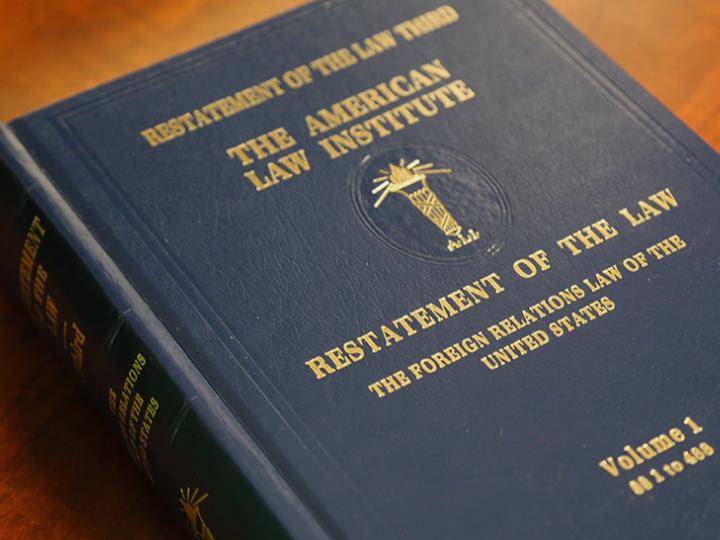The U.S. Supreme Court held in Jam v. International Finance Corp., No. 17-1011 (Feb. 27, 2019) that, under the International Organizations Immunities Act of 1945 (IOIA), international organizations are entitled to the “same immunity” from suit that foreign governments enjoy today—which generally does not extend to commercial activities—rather than to the virtually absolute immunity that foreign governments enjoyed when the IOIA was originally enacted. In a dissent, Associate Justice Stephen G. Breyer cited Restatement of the Law Third, The Foreign Relations Law of the United States § 467, Reporters’ Note 7, in arguing that an analysis based on the basic statutory purpose, historical context, and consequences of the IOIA, rather than on a linguistic interpretation of the statutory language or on statutory canons, indicated that the IOIA was intended to provide immunity in both commercial and noncommercial suits.
Local farmers and fishermen and a small village located in India initiated this dispute by suing the International Finance Corporation (IFC), an international development bank headquartered in the United States that financed an energy company’s construction of a power plant near the village, seeking to hold the IFC responsible for the company’s failure to comply with provisions of its loan agreement that were designed to protect the areas around the plant from environmental pollution and other damage. The district court granted the IFC’s motion to dismiss for lack of subject-matter jurisdiction, finding that the IFC was immune from suit under the IOIA, and the D.C. Circuit affirmed. The Supreme Court reversed, holding that, under the IOIA, the IFC was entitled to the “same immunity” from suit that foreign governments currently enjoy under the Foreign Sovereign Immunities Act. Chief Justice John G. Roberts, writing for the majority, reasoned that, under the IOIA, the immediate purpose of the immunity provision was expressed in language that Congress typically used to make one thing continuously equivalent to another.
Dissenting, Justice Breyer argued that, among other things, the majority’s holding would make it more difficult for international organizations to avoid unjustified or harmful lawsuits that interfered with their public-interest tasks or compromised their ability to operate effectively. Justice Breyer noted that many international organizations had previously agreed to voluntarily waive their immunity in certain instances or to provide alternative methods of dispute resolution—for example, the Restatement of the Law Third, The Foreign Relations Law of the United States § 467, Reporters’ Note 7, noted that the United Nations generally agreed to submit commercial disputes to arbitration—and, when such alternative methods were insufficient, the IOIA granted the President the authority to set aside an international organization’s immunity. The dissent argued that the majority’s interpretation of the IOIA provided as a new default that international organizations were subject to lawsuits arising from their commercial activities without providing the President, the courts, or the international organizations themselves the means to restore their immunity or to tailor any resulting potential liability in appropriate cases.
